Blogs
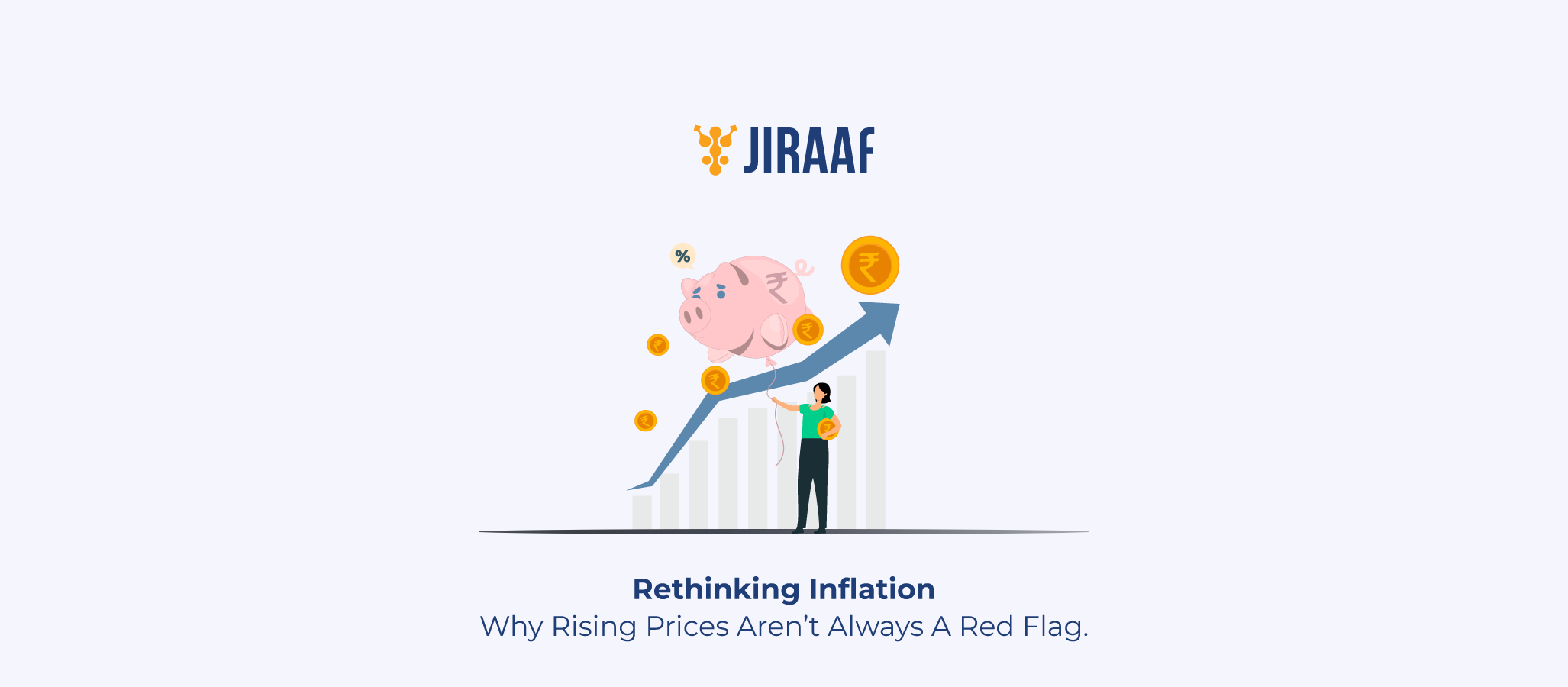
- Personal finance
- 8 min read
What Is Inflation? Is It Always the Antihero?
Inflation is one of the most frequently discussed and often misunderstood concepts in economics. The inflation narrative is always how it is decreasing the value of money, how ₹500 doesn’t stretch as much as it used to five years back, how price rise is eating up your savings, and so forth. Inflation touches nearly every […]
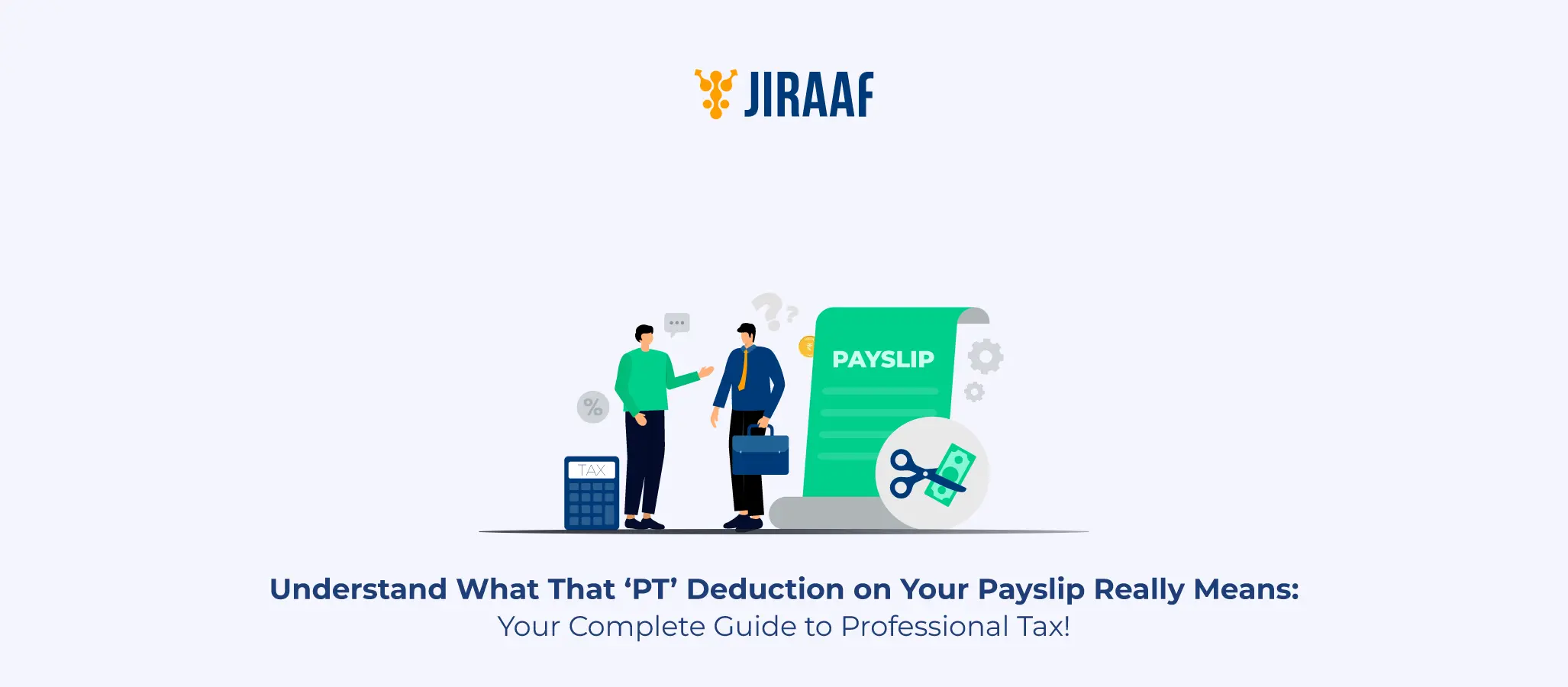
- Taxation
- 3 min read
What is Professional Tax? A Complete Guide for Salaried Individuals
Professional tax is a state-level tax levied on individuals earning an income through employment, proprietorship, partnership, or other professions. Grounded in Article 276 of the Indian Constitution, its purpose is to fund state-level administrative services. While modest in amount, professional tax plays a crucial role in salary compliance and is fully deductible under the old […]
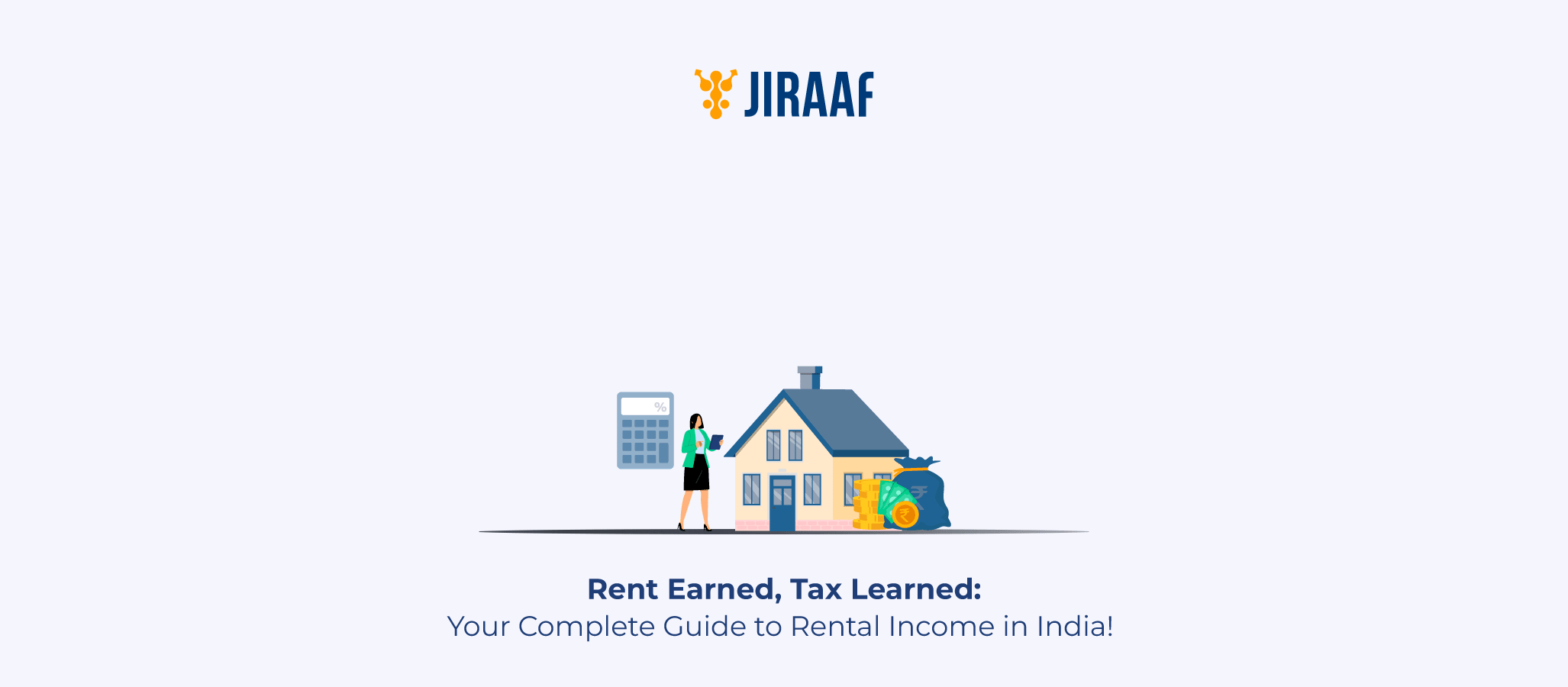
- Taxation
- 4 min read
How Is Rental Income Taxed in India? A Complete Guide
Rental income can be a steady source of passive income, whether you’re leasing out a residential flat, a shop, or a commercial office. But while the cash inflow is consistent, many people—especially first-time landlords—struggle to understand how to report and pay tax on it correctly. Does your rent count as business income? Are home loan […]
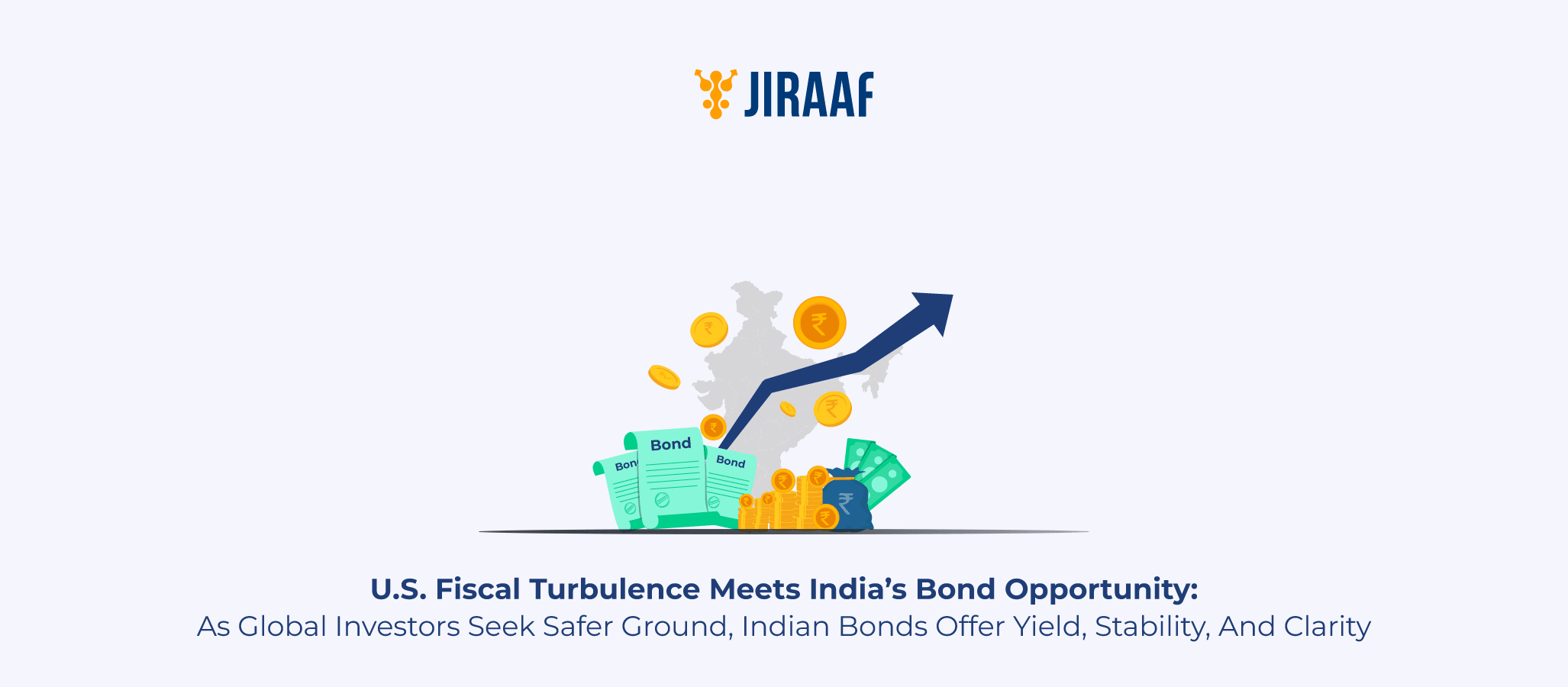
- Market insights
- 7 min read
From Washington to New Delhi: Why U.S. Fiscal Turmoil Could Drive Capital into Indian Bonds
When the world’s largest economy stumbles, global markets feel the tremors. But sometimes, that disturbance prompts a rebalancing—a shift toward stability, predictability, and clarity. On July 4th, the U.S. enacted the so-called “One Big, Beautiful Bill”—a sweeping package of tax cuts and entitlement reforms that is already sending ripples through global debt markets. With little […]

- Taxation
- 6 min read
How to File ITR: A Step-by-Step Guide for FY 2024–25
India’s tax base is growing every day. In FY 2023–24, over eight crore individuals filed their income tax returns, with a noticeable increase in filings from high-net-worth individuals and professionals. ITR filing is a critical annual exercise that reflects your financial credibility and income discipline. And yet, for many taxpayers, it remains an ad hoc […]
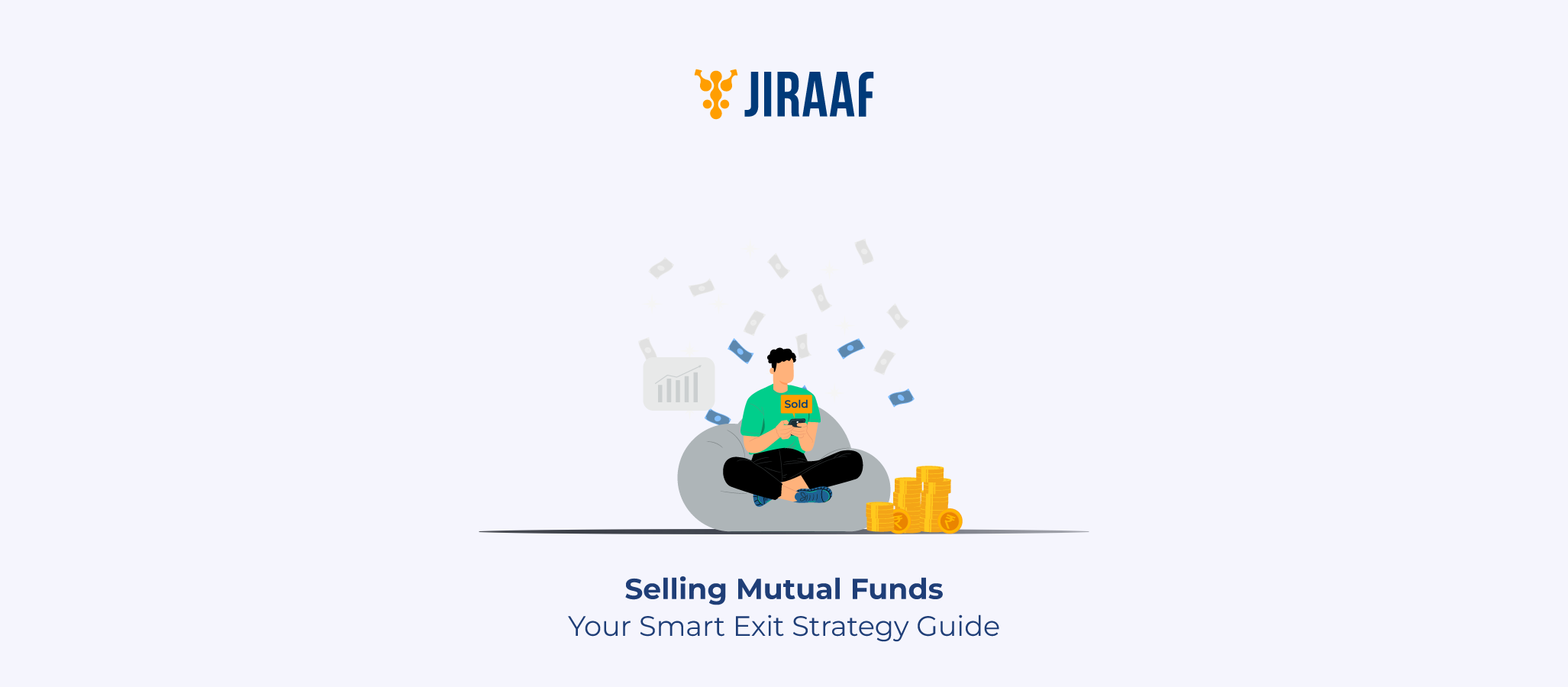
- Mutual funds
- 7 min read
How to Sell Mutual Funds: A Step-by-Step Redemption Guide
Mutual funds are very liquid investments, so you can decide when you want to completely or partially redeem or sell them. You might want to sell your mutual fund for several reasons, such as impending financial obligations, dissatisfaction with your returns, market fluctuations, or even if your risk appetite has changed. The equity-linked savings scheme (ELSS) […]

- Retirement planning
- 3 min read
What is NPS? Benefits & Tax Perks
The National Pension Scheme (NPS) is a government-backed, voluntary retirement savings plan designed to help Indian citizens build a financial corpus for retirement. Offering both equity and debt exposure with flexible contribution options, NPS is an ideal tax-saving and wealth-building tool for salaried professionals and self-employed individuals alike. This guide walks you through what NPS […]
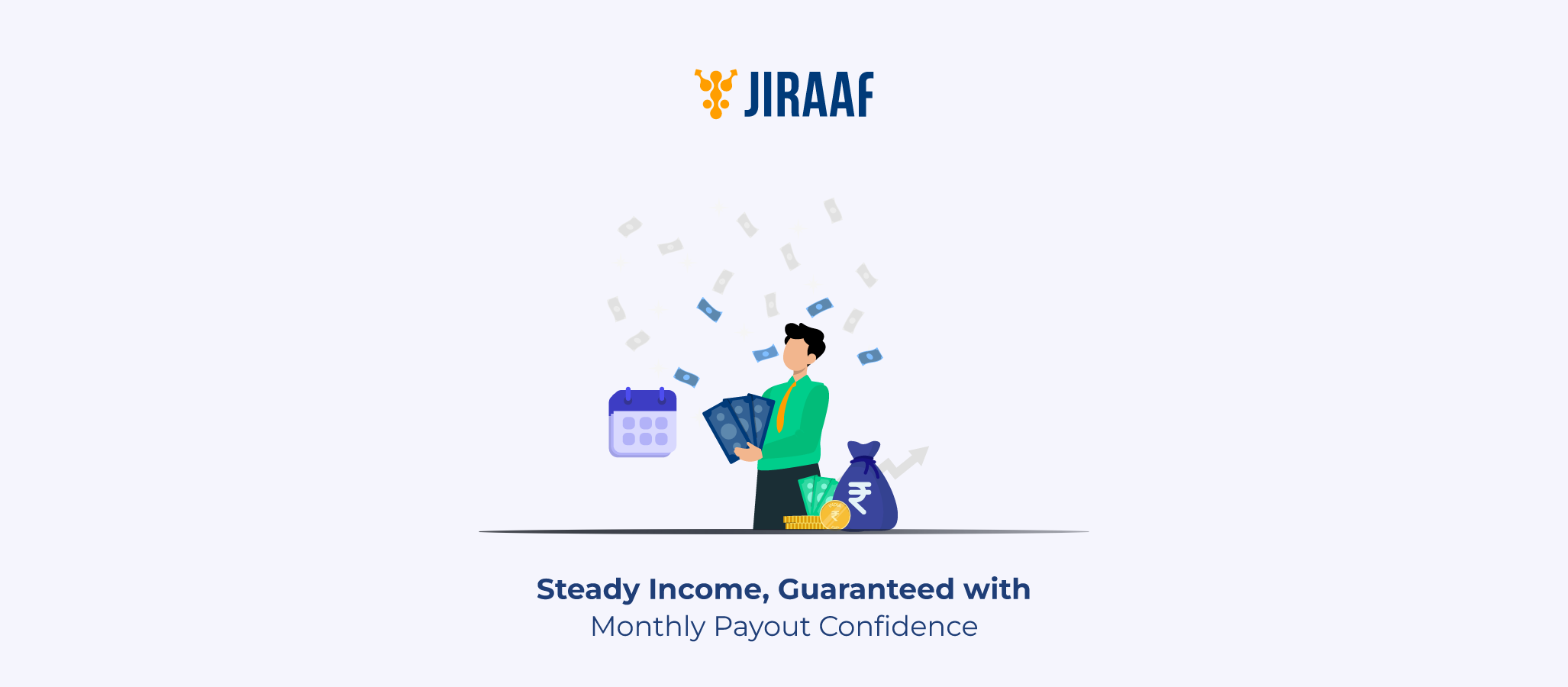
- Investment strategies
- 3 min read
Post Office Monthly Income Scheme (POMIS): Interest Rate, Features & Benefits (2025)
If you’re looking for a safe and steady source of income, especially post-retirement or alongside other savings instruments, the Post Office Monthly Income Scheme (POMIS) is one of the most reliable options available in India. Backed by the Government of India and offered through India Post, POMIS ensures fixed monthly returns and capital protection, making […]

- Personal finance
- 4 min read
Sukanya Samriddhi Yojana: A Complete Guide for 2025
Planning for your daughter’s future is one of the most meaningful financial goals you can set. The Sukanya Samriddhi Yojana (SSY) is a small savings scheme introduced by the Government of India as part of its “Beti Bachao, Beti Padhao” initiative. This account offers high interest, tax benefits, and long-term security. Here’s a complete guide […]

- Taxation
- 5 min read
Corporate Dividend Tax in India: Everything You Need to Know
When you invest in shares, you get more than the ownership and profits of the company; you also get the responsibility of paying taxes on those profits, which come to you in the form of dividends. If you’re an investor earning dividend income or a company distributing profits, the way dividends are taxed has a […]
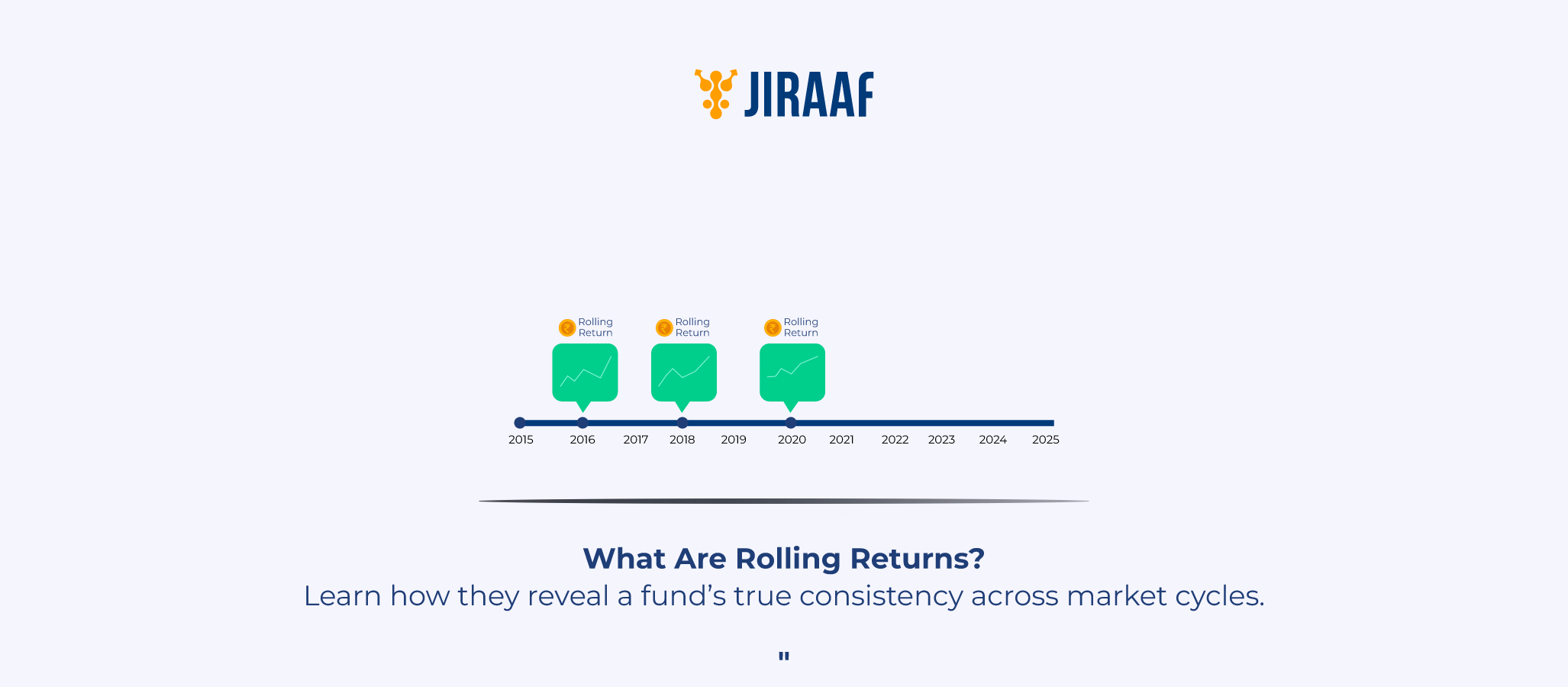
- Mutual funds
- 5 min read
What is Rolling Return in a Mutual Fund? Meaning, Formula & Comparison with CAGR
Looking at rolling returns is an essential factor while evaluating the returns of mutual fund investments. It provides a thorough summary of a fund’s performance over time, thus giving you a deeper understanding of its past returns and how it performs. To make wise investment decisions, you must understand the idea of rolling returns, how they work, […]

- Taxation
- 5 min read
What is EEE in Taxation? Meaning, Benefits & Investment Options
When you’re mapping out your tax-saving journey, you’ll likely come across various tax regimes like EEE, EET, and TEE. Among them, the EEE or Exempt-Exempt-Exempt tax regime is considered the gold standard for long-term, tax-efficient investing in India. But what does EEE really mean? How does it work, and which investment options qualify for it? […]
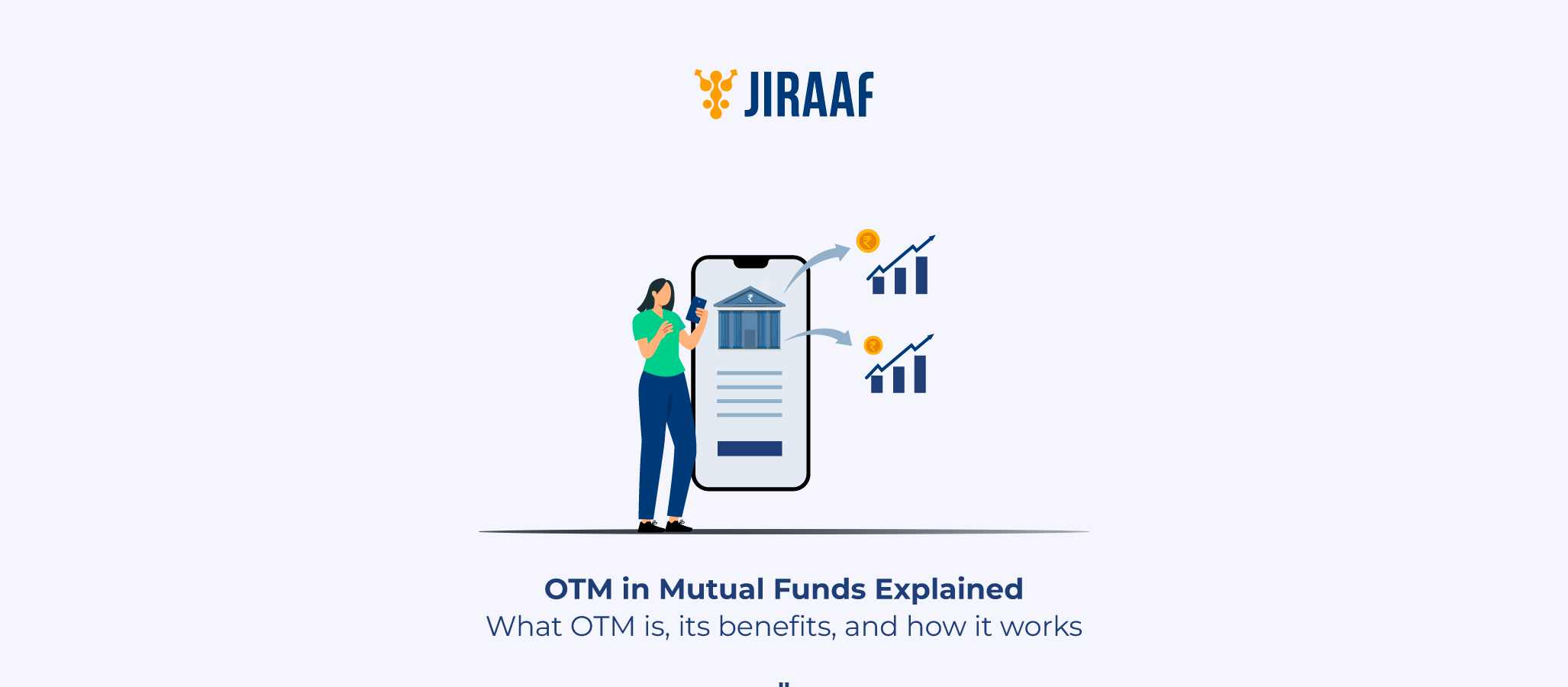
- Mutual funds
- 5 min read
What is OTM in Mutual Funds? Meaning, Benefits & How It Works
One-time mandate (OTM) in mutual funds refers to the registration process whereby you give your bank permission to take a specific sum out of your savings account to buy units in a specific mutual fund scheme. The bank makes the debits in response to requests from the asset management company (AMC), which gets a transaction request. […]